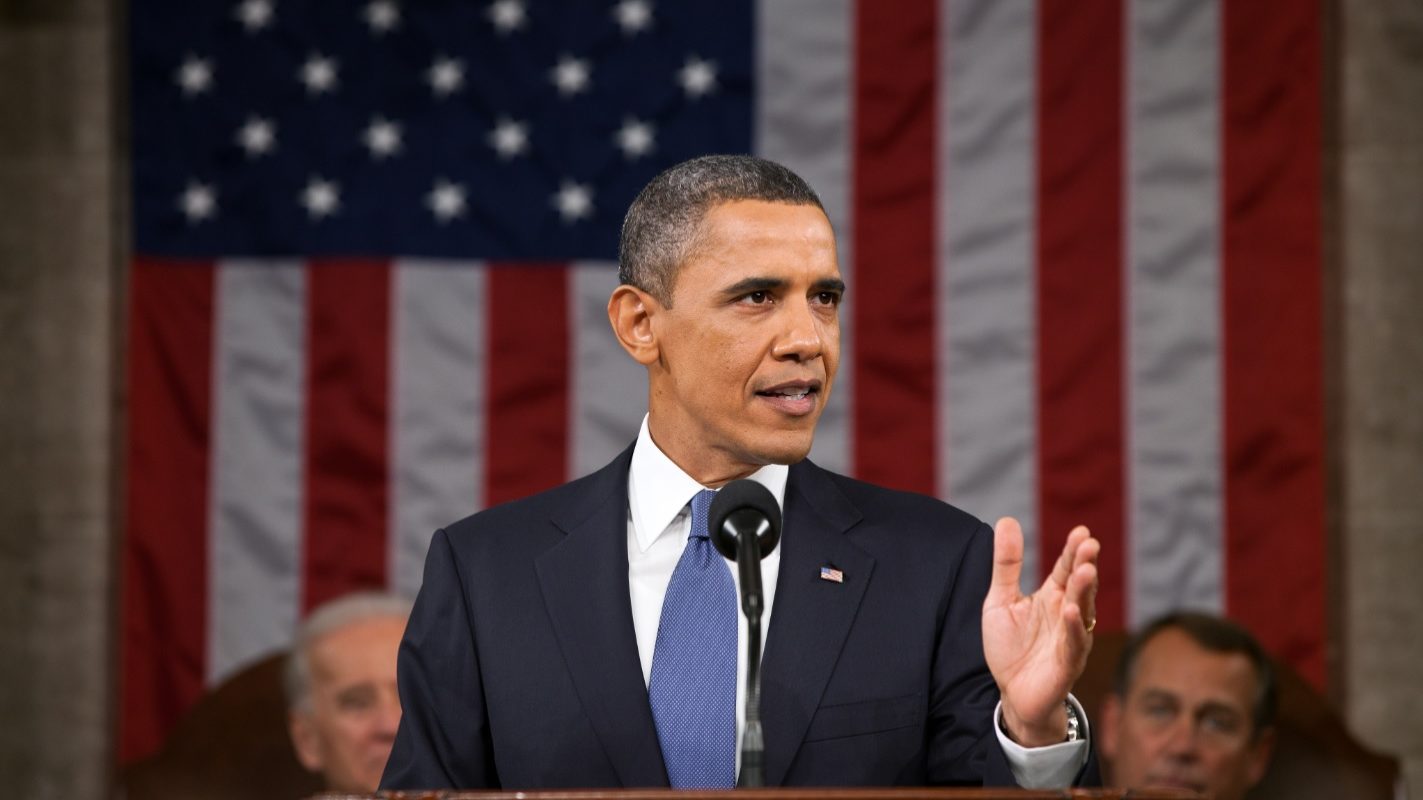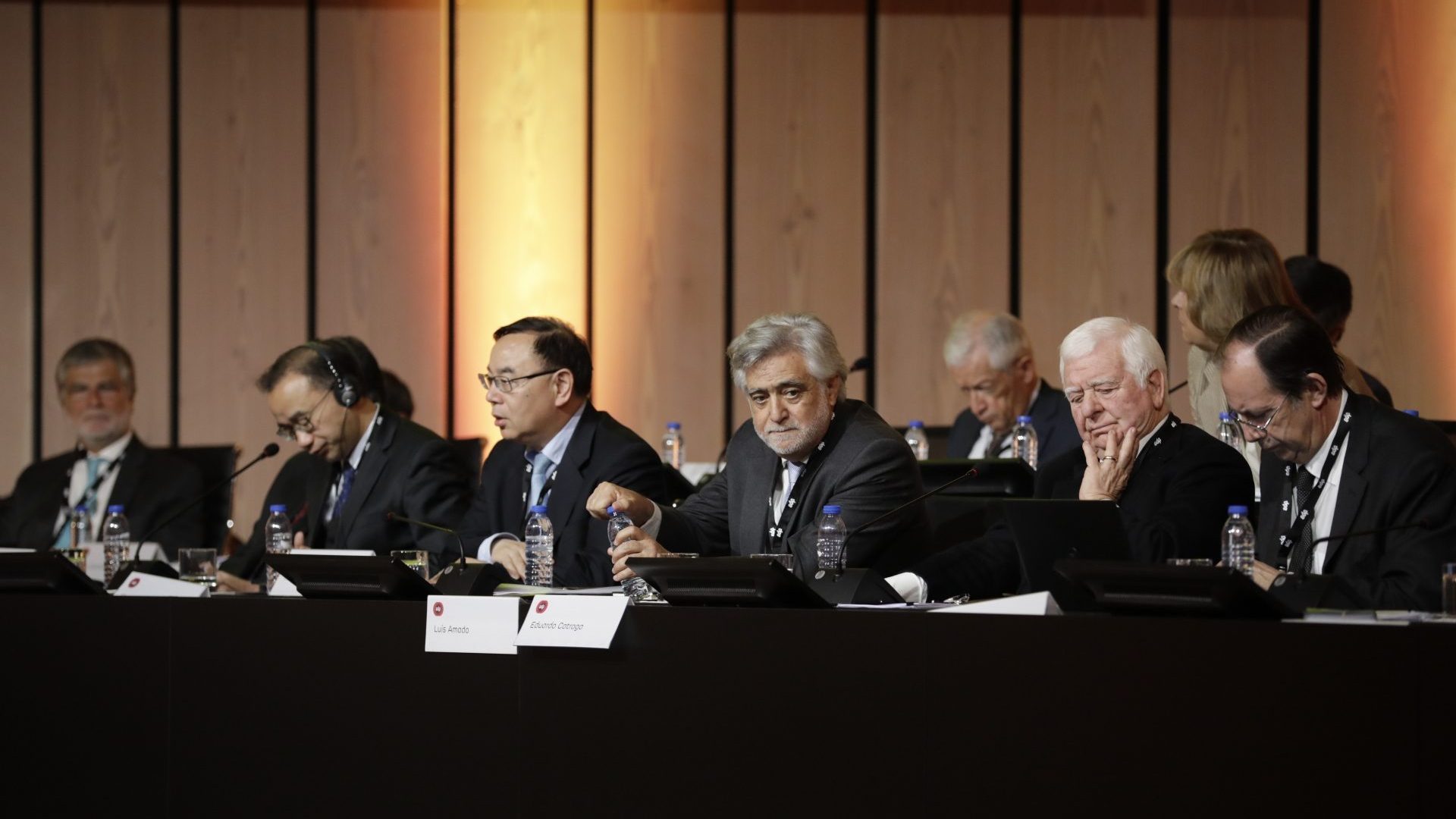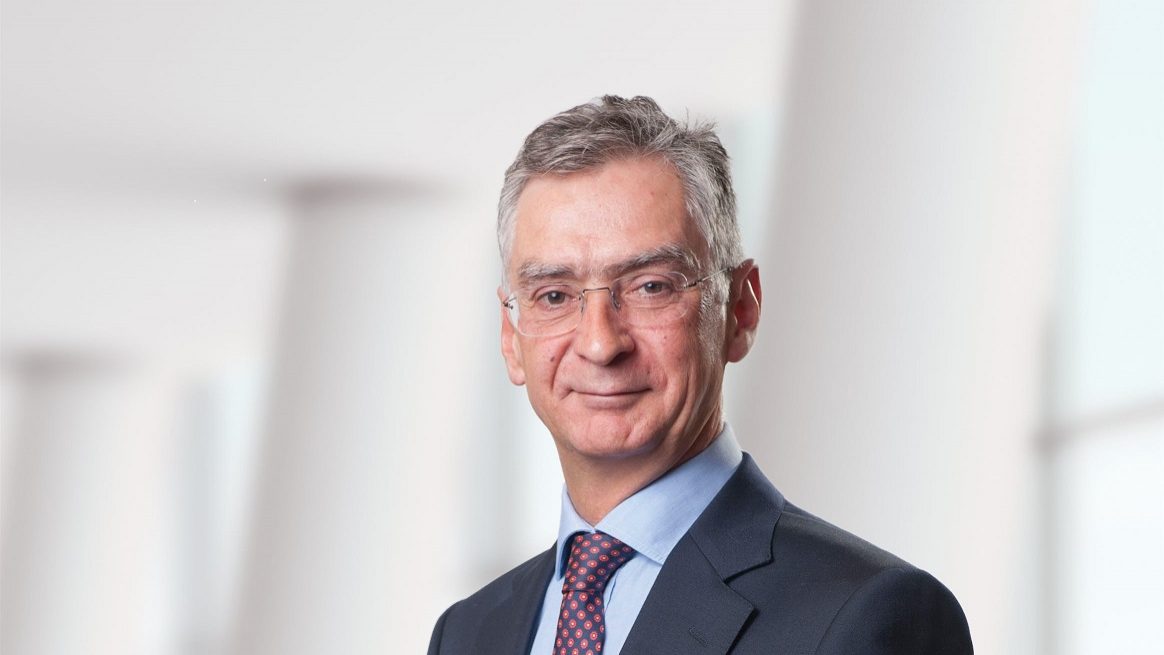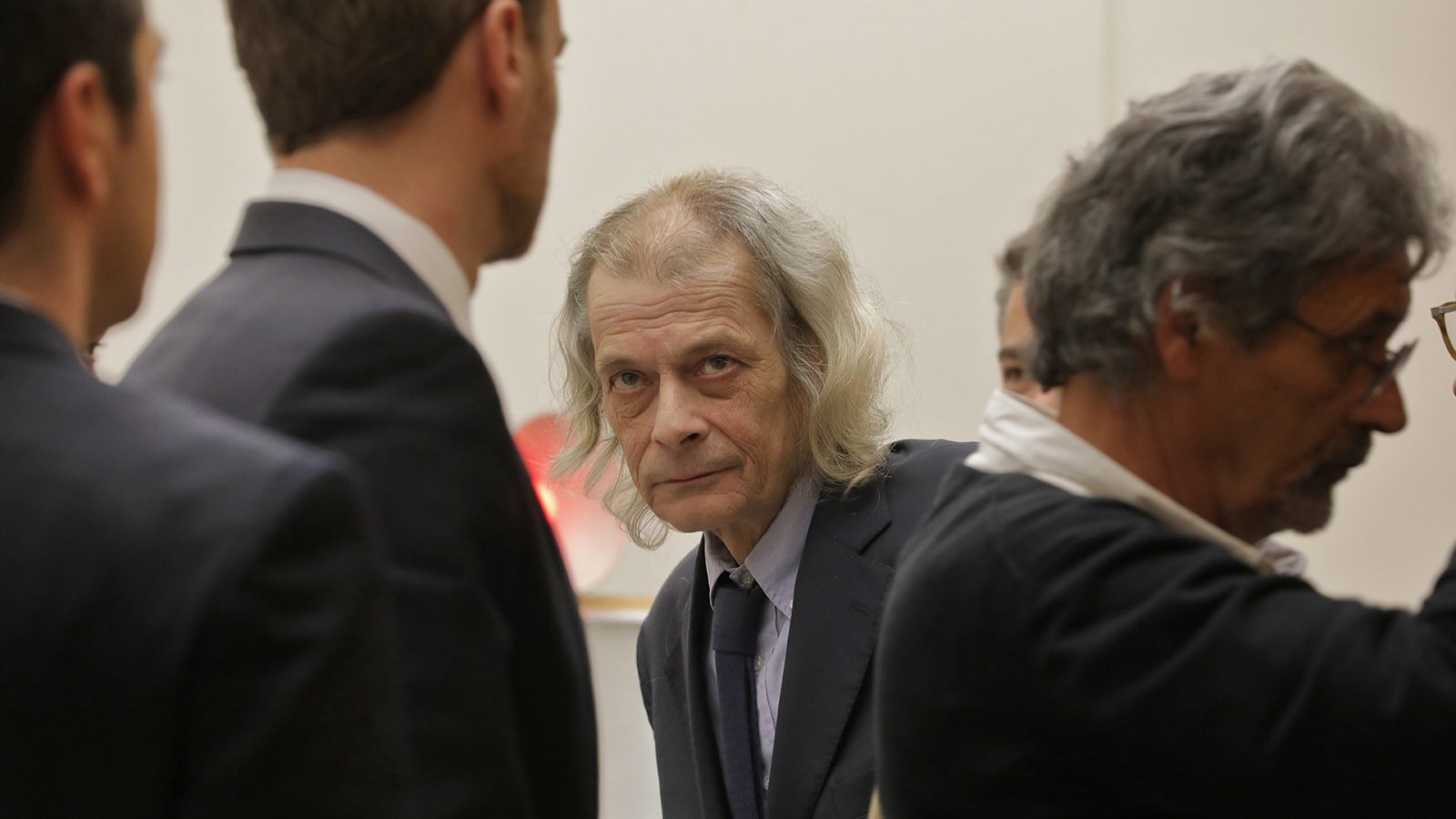Aussies have over a billion euros to invest in Portugal
Australian leaders and entrepreneurs visited Lisbon last week and they have over €1.1bn to invest in Portugal.
Some of the 30 most influential Australian leaders and entrepreneurs visited Lisbon last week and our reporter at ECO met with several of these personalities in order to figure out what’s in their mind for Portugal with this much in their pockets.
The visit was organized by the European Australian Business Council (EABC) whose key goal is to make Australia and the EU commit to a trade agreement. CEO’s, CFO’s, ministers and various prominent Australian stakeholders met last week in order to discuss strategies of investment that will amount to a very considerable sum.
Sixteen thousand kilometers separate Portugal from Australia
But the Aussies want this distance to be forgotten. Strengthening partnerships with the help of €1.1bn investment figure seems to be a nice predicament.
“The European Union and Australia have a solid and historic partnership, one that is notoriously strong with countries such as France. With Portugal we must work now on strengthening relationships – it’s a 20-year-old partnership, quite recent but showing great prospects for success”, said John McVeigh, Australian minister for regional development, to ECO.
Ex-opposition leader from the Australian Labour Party, Simon Crean, was equally eager to be a part of the EABC – so it seems like not only the current government is endorsing these negotiations. While in Lisbon he assured he sees huge potential for foreign investment in Portugal, and during the conversation with ECO’s reporter, he also pointed out how “the Australian government should send out a clear message to the US right now: we defend free trade.”
Portugal’s boosting entrepreneurship, high-skilled labour and the ability to recover from the financial crisis altogether have impressed Australian businessmen and stand as some of the many reasons behind the €1.1 bn investment. By way of comparison and to get an idea of the scale of this investment, one can look at Norges Bank, the world’s leading sovereign wealth fund, whose total asset portfolio stands at €850mn.
EABC’s delegation has other EU countries in sight, having already visited during this trip Strasbourg, Paris and Madrid – Lisbon is the last-but-one stop before heading back to Sidney. Australian ambassador to Portugal, Peter Rayner, confirmed his country’s interest in investing in exploring lithium, copper, and natural gas, investing in infrastructures and energy companies, and emphasized how the model of Australian public-private partnerships could be followed as an example of strengthening these businesses.
For Stephanie Fahey, Austrade’s CEO – the Australian equivalent to our Portuguese Aicep – focusing on new businesses could be a better strategy and seems to be more attractive, as “Lisbon is at the moment in the center of the business world, because of the growth in startups and scaleups, and the Australian investors are also very attentive to the growth in the complementary facilities sector”, said Fahey. As examples of the latter, she referred to the new technologies being developed in the area of agriculture, science, and health as areas for investment. Austrade’s CEO mentioned as well that investors will be especially interested in finding ways to add value in the productive chain.
Scared of Brexit, anyone?
And the last stop for the EABC is London. Might this be motivated by the spooky idea of having Brexit’s deadline around the corner?
Nick Greiner, Liberal Party’s leader, was sure this wasn’t going to be a such a complicating factor, and told our reporters that the Australian government will be able to deal smoothly with the transition – the status of the partnership between Australia and the EU will be maintained regardless of Brexit’s consequences, and the Aussies will be ready to negotiate with the UK as soon as these new conditions are set in stone. “Our primary focus while in London during this visit will be to understand how the city and the population are dealing with the situation”, said Greiner to ECO.




